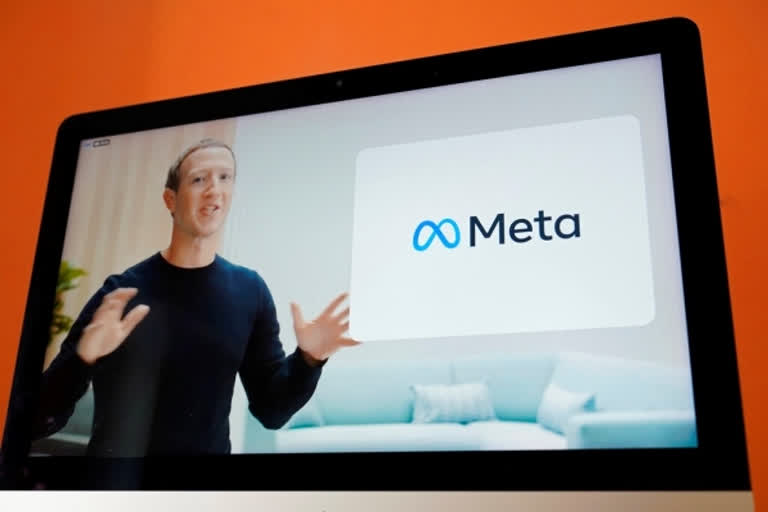Brussels: Facebook whistleblower Frances Haugen said the world should fear the impact of the metaverse that the social media giant has rebranded to focus on, saying the futuristic virtual reality world would force people to give up more of their personal information, be addicting and give the embattled company another monopoly in the online world.
In an interview with The Associated Press on Tuesday as she makes a series of appearances before European lawmakers drawing up rules for social media companies, Haugen said her former employer has rushed to prioritize the metaverse because "if you don't like the conversation, you try to change the conversation."
"Facebook should have a transparency plan for the metaverse before they start building all this stuff, because they've demonstrated with regard to Facebook that they can hide behind a wall, they keep making unforced errors, they keep making things that prioritize their own profits over our safety," she said.
The metaverse is sort of the internet brought to life, or at least rendered in 3D. CEO Mark Zuckerberg has described it as a "virtual environment" you can go inside of — instead of just looking at on a screen — and refocused Facebook's business model on it, including renaming the company Meta. People can meet, work and play, using virtual reality headsets, augmented reality glasses, smartphone apps or other devices.
Also read:Plenty of pitfalls await Zuckerberg's metaverse plan
Haugen is a former product manager at Facebook turned whistleblower whose revelations about the company's practices have drawn global attention. Documents she has turned over to authorities and her testimony to lawmakers on both sides of the Atlantic have revealed deep-seated problems at the company and energized legislative and regulatory efforts around the world to crack down on big tech companies.
She says the social media giant prioritizes engagement and user growth over online safety. Haugen, who also provided a vast trove of redacted internal documents to a group of news organizations, alleges that Facebook's systems amplify online hate and extremism, fail to protect young people from harmful content and the company lacks any incentive to fix the problems.
Haugen's documents have exposed an internal crisis at the company that provides free services to 3 billion people.
Zuckerberg has dismissed Haugen's claims as a "coordinated effort" to paint a false picture of the company. A spokesman for Facebook said the company was working on a response to her comments about the metaverse.
